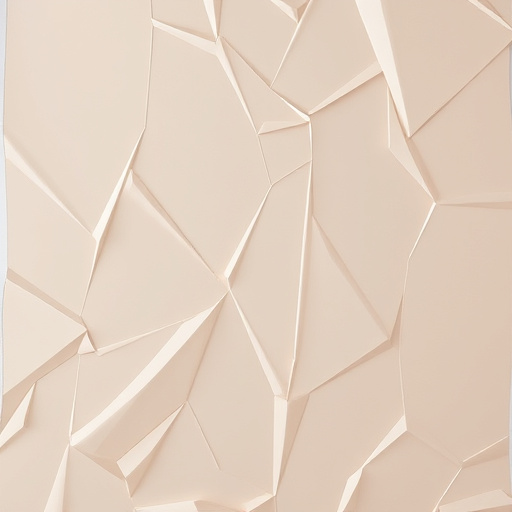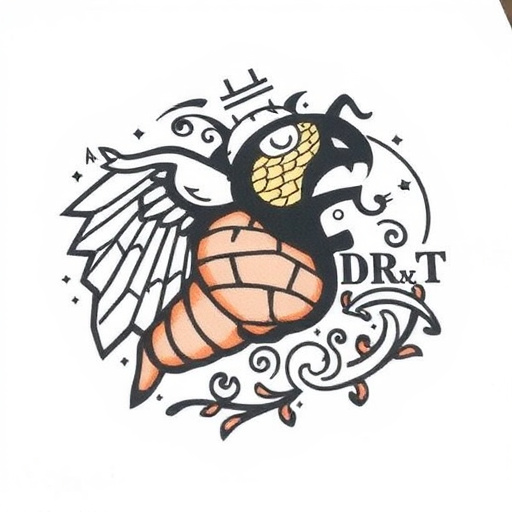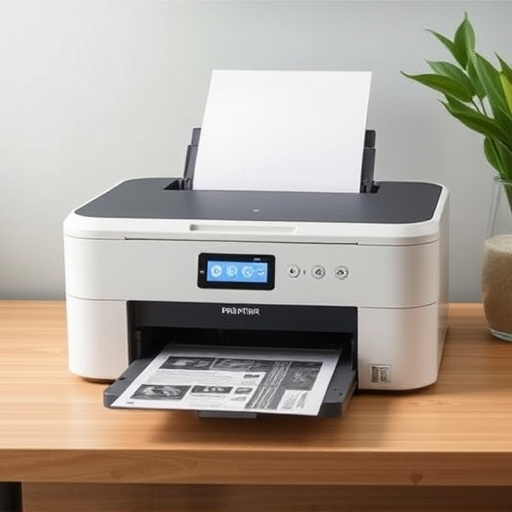DTF water-based inks are a sustainable printing solution, replacing toxic solvents with water to reduce environmental impact. They offer vibrant designs on various fabrics, minimizing waste and carbon footprint. This technology is revolutionizing apparel manufacturing, enabling brands to produce eco-friendly, high-quality garments while driving innovation in small businesses.
DTF water-based inks are revolutionizing the printing industry with their minimal environmental impact. This article delves into the understanding, benefits, and applications of this green alternative. By reducing pollution and waste, DTF water-based inks offer a sustainable solution for eco-conscious businesses. We explore various applications from textile printing to signage and discuss future prospects, highlighting how these inks are transforming the landscape of eco-friendly production.
- Understanding DTF Water-Based Inks: A Green Alternative
- Environmental Benefits: Reduced Pollution and Waste
- Applications and Future Prospects for Eco-Friendly Printing
Understanding DTF Water-Based Inks: A Green Alternative
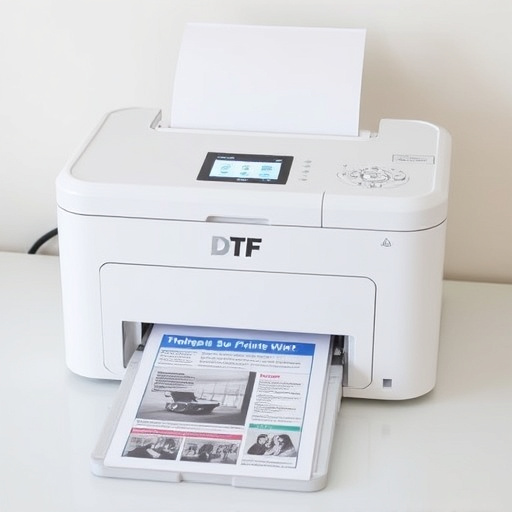
DTF water-based inks represent a significant step forward in sustainable printing practices. These eco-friendly alternatives to traditional ink solutions offer a greener approach to customization, especially when used for direct-to-film personalized hoodies and other textile products. By eliminating the need for harmful solvents, DTF water-based inks significantly minimize environmental impact during the printing process.
This innovative technology is not only better for the planet but also enhances the quality of printed designs, making them vibrant and long-lasting. Whether used for dtf printing on t-shirts or other materials, these inks provide a versatile and efficient solution. Moreover, the direct to film nature of DTF printing allows for precise color reproduction, ensuring that each personalized hoodie or item is an exact reflection of the customer’s vision, all while reducing waste and carbon footprint.
Environmental Benefits: Reduced Pollution and Waste
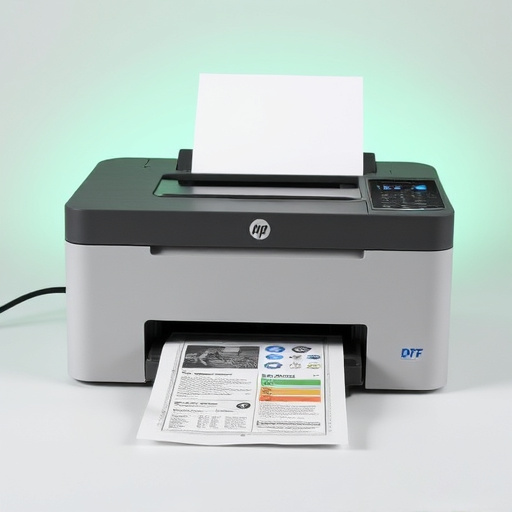
The adoption of DTF (Direct to Fabric) water-based inks offers a greener alternative in the printing industry, significantly reducing environmental pollution and waste. Traditional printing methods often rely on toxic solvents and chemicals that contribute to air and water contamination. In contrast, water-based inks utilize water as a primary solvent, eliminating many harmful substances from entering the environment. This shift is especially beneficial for apparel manufacturing, where DTF for clothing brands has become a popular choice. By employing these eco-friendly inks, manufacturers can minimize the release of volatile organic compounds (VOCs), which are known to degrade air quality and cause respiratory issues.
Moreover, water-based printing reduces waste generation by lowering the amount of ink required for each print. This efficiency is particularly advantageous for DTF for apparel, as it allows for more precise application, minimizing excess ink waste. The reduced need for harsh cleaning solutions and the lower energy consumption during the drying process further contribute to a smaller carbon footprint. As a result, clothing brands adopting DTF water-based inks can offer consumers not only stylish garments but also products that are environmentally conscious and sustainable.
Applications and Future Prospects for Eco-Friendly Printing
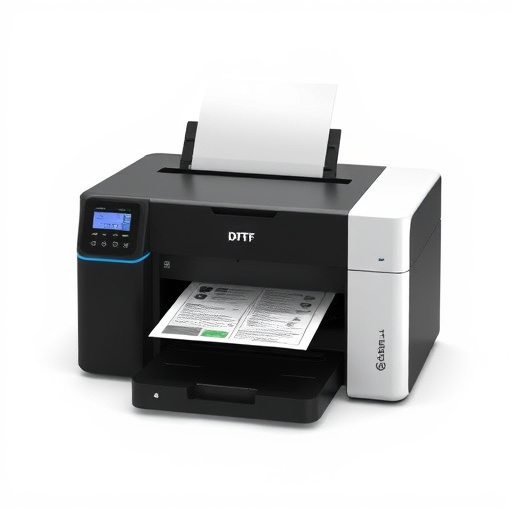
The adoption of DTF Water Based Inks is transforming the printing industry, offering a sustainable alternative to traditional methods. These eco-friendly inks are versatile and find applications in various sectors. One notable area is textile printing, particularly for dark fabrics, where DTF water-based inks provide vibrant and long-lasting prints without the harmful chemicals often associated with conventional practices. This has opened up opportunities for bulk DTF shirt production, catering to both custom apparel and mass-market demands while minimizing environmental harm.
Looking ahead, the future of eco-friendly printing looks promising. Direct to film (DTF) printers, equipped with these water-based technologies, are becoming more accessible and user-friendly. This accessibility is expected to drive innovation in small businesses and startups that want to embrace sustainable practices without significant investment hurdles. As the market continues to evolve, we can anticipate further advancements, ensuring that DTF printing remains a viable and environmentally responsible option for years to come.
DTF water-based inks represent a significant step towards sustainable printing practices, offering both environmental and economic advantages. By minimizing pollution and waste, these eco-friendly alternatives are transforming the industry. As awareness of environmental issues grows, the adoption of DTF water-based inks is poised to become a game-changer, fostering a greener future for the printing sector while meeting the diverse needs of modern applications.









